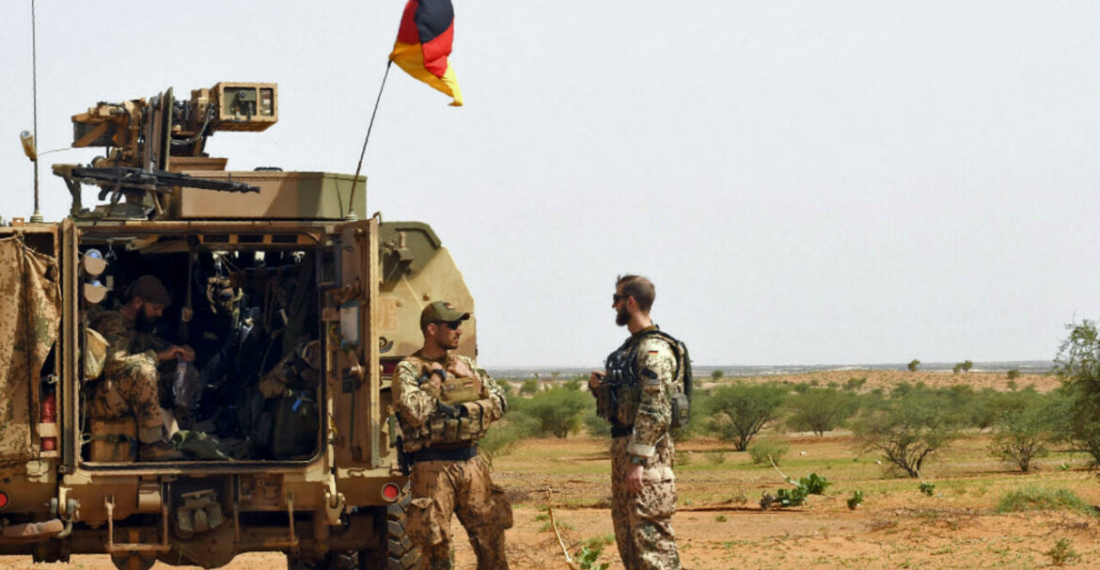Germany is the latest European country to question its military deployment in Mali following
On Wednesday (2 February), Foreign Minister Annalen Baerbock, asked whether the conditions for a successful mission are still in place.
The German military mission, as part of a European task force is the largest deployment of German troops abroad.
However countries deploying troops are now questioning the intentions of the Malian government, who initially was very supportive of the deployment. At present he Bundeswehr needs the permission of the Malian government 36 hours in advance to use its drones and NH 90 helicopters in the fight against terrorism on Malian territory. On 19 January, Mali denied a German military aircraft with 75 soldiers on board access to its airspace. These restrictions can negatively affect the ability of German troops to carry out the mission, and they are straining relations between the two countries.
Last week, the Malian transitional authorities ordered the return of Danish special forces to Copenhagen and expelled the French ambassador to Mali from the country on Monday (31 January).
The renewal of the mandate of German now seems uncertain. Germany currently has 1,300 troops in Mali as part of an EU training mission (EUTM) and the UN peacekeeping mission MINUSMA .
Recently the malian military government announced that they no longer intend to organise elections in February suggesting instead they will be held in five years time. The announcement prompted a sharp reaction from Agnieszka Brugger, spokesperson for the Green Party which is party of the governing coalition in Germany, who repeated that a return to constitutional order is a precondition for the international community's engagement in Mali.
Despite the troops and funds invested by European countries to help Mali fight the Islamist insurgents, they remain active on the borders of Mali, Burkina Faso and Niger, and attacks seem to be increasing. Last November, a terrorist attack killed more than 50 soldiers in Burkina Faso. This event shook the country and united the soldiers and people of Burkina Faso around the lack of resources given to the army and the military mismanagement of President-elect Kaboré, which eventually led to his downfall in the army coup last week.
In a related development, the European Union called on the Malian authorities to show "restraint" rather than "repeat unacceptable behaviour towards its European partners". In a statement issued by the spokesperson, Nabila Massrali, of the Council of the EU, the EU calls on the Malian transitional authorities to "de-escalate by on Wednesday (2 February) referred to the earlier expulsion of the French Ambassador, adding:
The European Union, which is fully committed to peace and stability in the Sahel, at the request of the States and in support of the people, expresses its support for and solidarity with France and deeply regrets the decision of the Malian transitional authorities. The European Union calls on the Malian authorities to show restraint rather than repeat unacceptable behaviour towards its European partners, such as Denmark, whose contingent has just been the subject of a decision to return it on unfounded grounds.
The European Union also recalled its solidarity with the positions taken by the ECOWAS [Economic Community of West African States] and said that the adoption of restrictive measures against those who are obstructing the completion of the political transition in Mali is being finalised.







